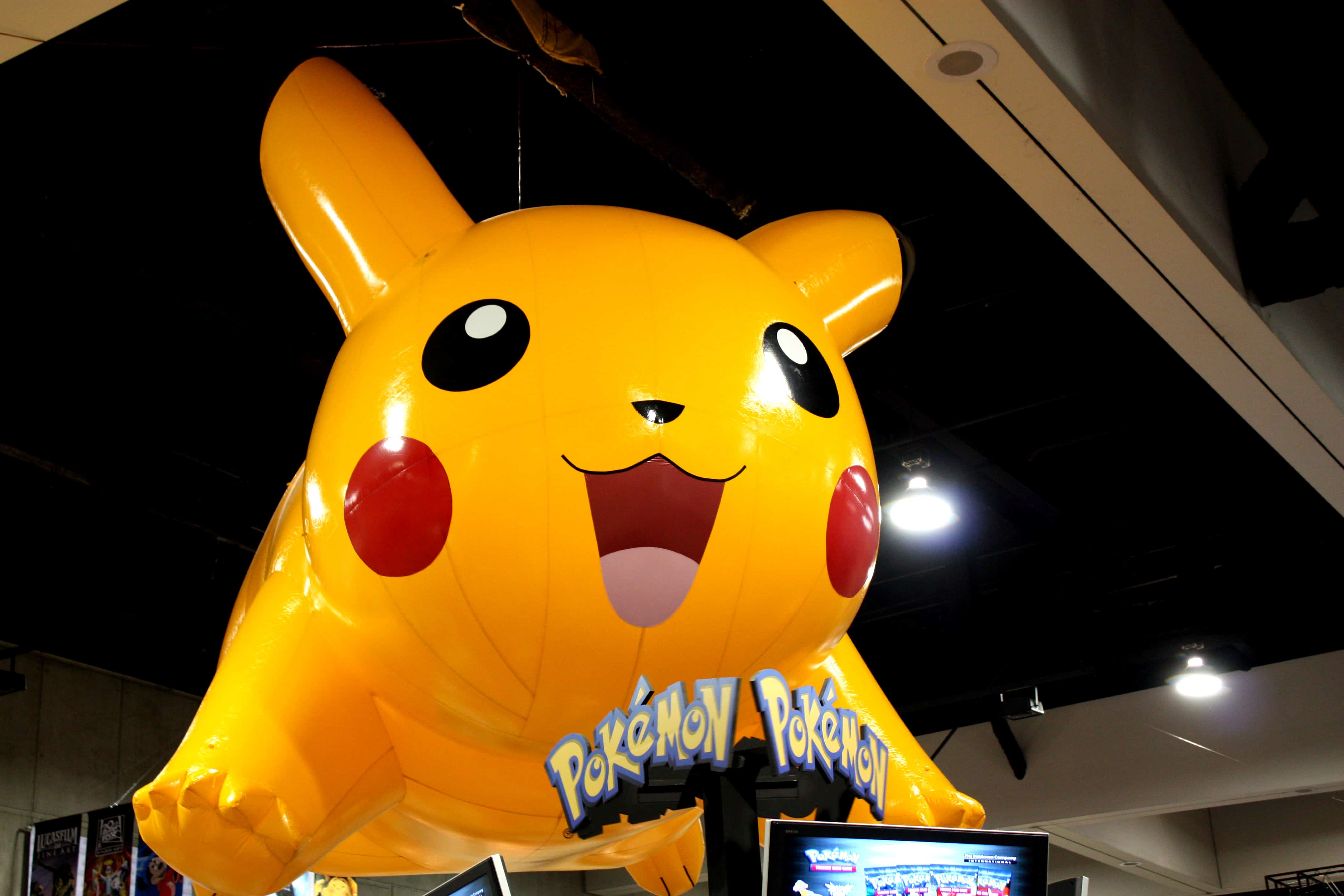Could Pokemania be back again?
For years, Pokémon fans have been clamoring for a 3-D console game. 1 The series began on the original Gameboy in 1998 and exploded a couple of years ago with the popularity of Pokémon Go, which had people in the streets with phones outstretched as they searched for creatures.
Tomorrow, Nintendo will release Pokémon: Let’s Go Pikachu and its sister game Pokémon: Let’s Go Eevee for the Nintendo Switch. The games provide a chance to return to the world of the original three games with a new mechanic for catching the creatures and even a chance to sync a file to Pokémon Go for additional Pokémon.
What do the fans have to say?
So far, the game has been met with mixed feelings. These newest games return to the initial region and Pokémon from the first games, much like Pokémon Go. 2 But, is this the best approach? It is one thing to return to what made the games popular to begin with, but going to the well too often can lose the magic of those early games and devolve into nostalgia pandering.
In addition, one of the key mechanics of Pokémon games from the beginning has been battling the wild creatures. These have been removed in favor of a more streamlined experience. Instead of engaging wild Pokémon in battle, a player can simply capture them like in Pokémon Go. Though this change makes the game more accessible to new players, does the new mechanic cheapen the sense of progression players have felt over the last 20 years?
How should Nintendo handle this dynamic? Is it more important to appease long-time fans? Or should the goal be to welcome in a new generation?
The new adaptations allow more people to get to know the world of Pokémon, and broaden their audience so that more people have a chance to interact with the franchise. It spreads the influence of the games to more people, allowing for new connections to be made. The new fans can bring an enthusiasm the older ones have forgotten about over the years, and the old ones can mentor the new ones about strategies and experience the world through fresh eyes.
We can ask these same questions about all kinds of institutions, not just gaming franchises. Is it more important to continue long-time traditions? Or should the goal be to reach out and welcome new members?
When a franchise like Pokémon tries to expand its fanbase, how much accessibility and accommodation is too much before you start to lose the fans?
In the gaming world, Pokémon is not the only franchise with this kind of problem. The dynamic plays out in the world in front of our eyes. Look at reboots that only superficially resemble the series they were based on or, on a more positive note, look at how fan-based feedback produced games like Sonic Mania, a wildly successful re-creation. When we strip a franchise down to the core level of what made it good, then we can look and see if we are improving upon it.
In any institution or franchise, making changes does not mean that you need to strip away the defining characteristics that have shaped it over time. A discernment process should look to identify those defining features, while allowing an openness for changes that do not alter the fundamental identity of a given organization, institution or community.
For Pokémon, the question is not whether or not it is “selling out.” Rather, it is the question of whether or not its attempt to attract new people to the franchise has watered down the core mechanics and insights. If we dismiss something essential because it is not easy, that becomes a let down for us and the people we try to bring. But if we tweak things while keeping the essential aspects of the game, then we can reimagine our franchises in a way that improves on what was already there and allows people to experience the essence of the games.
How can we hold onto the essentials and tweak the negotiables in a way that continues to animate the community and bring in new energy?
I for one am hopeful that this round of games will succeed in re-invigorating the franchise while welcoming in a new audience. As someone who grew up with Pokémon and still follows what’s going on despite not having played the games or watched the anime in years, I want to believe that this opportunity gives new people a chance to experience some of the classic elements and story in a new light.
Change, when done right, is not the enemy. It can become the catalyst for growth and development.
//
Cover image courtesy of FlickrCC user Gage Skidmore.
- Previous console games like Pokémon Stadium or Pokémon Colosseum were enjoyable, but never quite felt like a main series game. They were too linear and focused almost exclusively on battling to the detriment of the exploration and raising of Pokémon the series has been known for since Red and Blue on the original Gameboy in 1998. ↩
- And from the remakes of the original games: Pokémon Fire Red and Leaf Green. ↩


